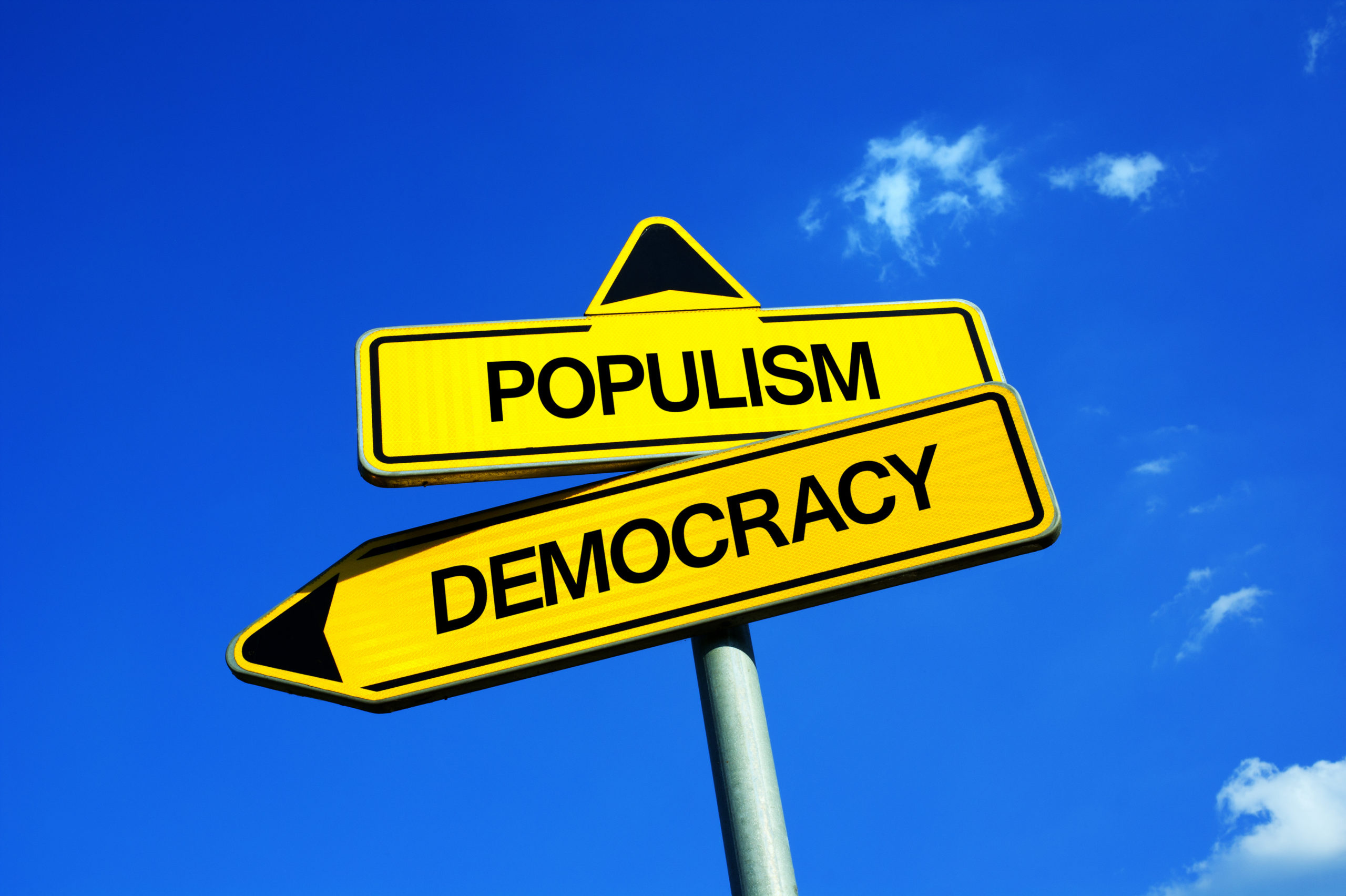Japan, the US and Europe Must Maintain a Confrontational Stance toward Russia and the Ukraine Situation
Remembering the lessons from the past when the U.K. conceded to Nazi Germany's demands for territorial expansion, which led to World War II, the U.S., Europe and Japan must continue to support Ukraine and stick with economic sanctions toward Russia.
At the end of last year, the Russian military executed aerial bombing against all of Ukraine, and since the start of this year, it has continued to attack.
Due to the stagnation of support from the U.S. and Europe, Ukraine is suffering from a shortage of shells, and Russia has the advantage in the concentrated production of weapons and artillery. In order to keep Russia from becoming victorious, the U.S. and Europe will continue supporting Ukraine, but a reduction in scale is unavoidable. In 2024, Ukraine will likely be pressed to focus on defense.
At the end of December, influential U.S. media sources were reporting that Putin conveyed his willingness for a cease-fire on condition that the agreement would “leave Russia in control of the nearly 20% of Ukrainian territory it has already conquered." Ukrainian President Volodymyr Zelenskyy, who is working to regain all Ukrainian territory, is not expected to reply to such a condition.
Russia is implying a flexible position on what is essentially a request for Ukraine's total surrender because it is aware that some voices from within Ukraine, the U.S. and Europe are suggesting “that a solution could be for Ukraine to give up territory” as part of peace negotiations.
As we head toward the November presidential elections there have been whispers that Republican candidate Donald Trump, who takes a negative position toward supporting Ukraine, could possibly make a comeback, and Putin is anticipating that eventually the U.S. and Europe will press Ukraine to make concessions to Russia.
But the U.S., Europe and Japan must assume that Russia's demand for expansion will not stop with Ukraine. Putin, who embarked on the invasion based on the claim that “Ukraine was part of the Russian Empire,” adheres to the dangerous belief that he must “return (Russian) land.” There is a reason why Biden warned that “If Putin takes Ukraine, he won’t stop there” and that he could “attack a NATO ally.”
Putin, who assumed the presidency in 2000, used the Russian secret police, his former base of employment, to suppress the opposition party and independent media, thus consolidating his own political power. He completed the establishment of a dictatorial system via a constitutional amendment in the summer of 2020, making it possible for him to retain his post for two more 12-year terms.
The Russian regime completely controls the elections, so it is certain that in March the outcome will be that Putin will continue on to serve a fifth term. However, in the U.S. and Europe, many voices question the validity of the Russian elections, and from now on, the focus will likely be on whether to recognize Putin's presidency as legitimate.
The U.S. and Europe have continued to pursue an appeasement policy in order to avoid provoking Russia, a nuclear power. Japan, which has prioritized negotiations over the southern Kuril Islands, has done the same. Because there was no strict response to Russia’s military interventions in former Soviet states, such as the 2008 conflict with Georgia, the 2014 annexation of the Crimean Peninsula in southern Ukraine and others, Putin became cocky, and that has become a factor in the current invasion of Ukraine. Japan, the U.S., and Europe must not repeat their mistakes, and should adhere to a resolute confrontational stance toward Putin, who initiated the war of aggression against Ukraine.

